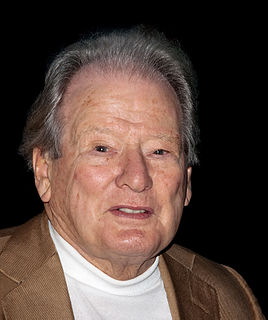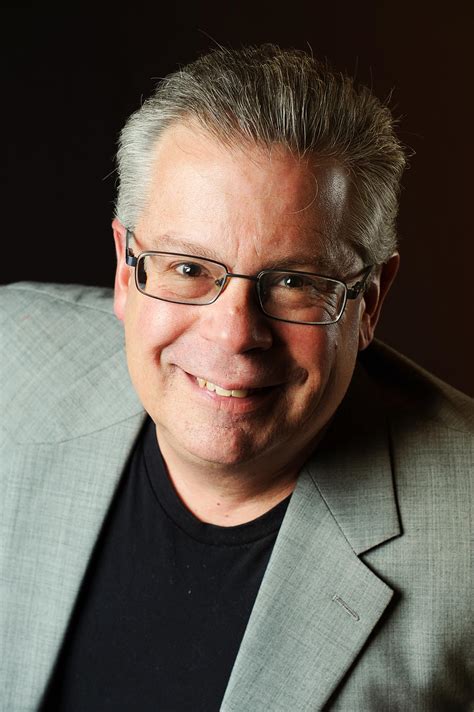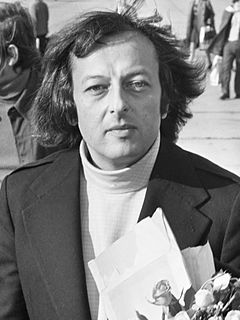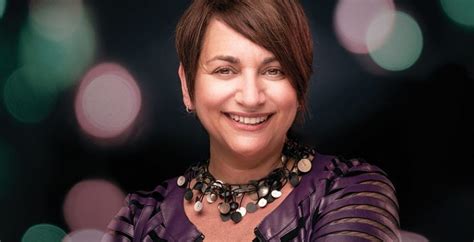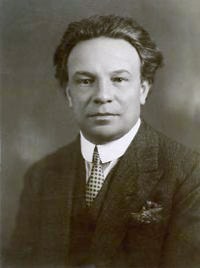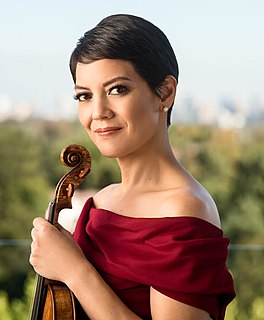A Quote by Neville Marriner
Mozart has written opera, symphony, sacred and chamber music - not to mention his piano and violin concerti.
Related Quotes
Fact is that I played piano and performed, as a young kid, a Mozart piano concerto with the Chicago Symphony Orchestra . Don't forget I was only eleven-years-old and to be on the stage at that age had tremendous impact on me. Basically love for classical music and performing as a kid on the big stage probably led toward this decision, which meant that music is going to be my big love but also my profession.
I have been told that a young would-be composer wrote to Mozart asking advice about how to compose a symphony. Mozart responded that a symphony was a complex and demanding form and it would be better to start with something simpler. The young man protested, 'But, Herr Mozart, you wrote symphonies when you were younger than I am now.' Mozart replied, 'I never asked how.
A young man, just beginning the study of musical composition, once went to Mozart and asked him the formula for developing the theme of a symphony. Mozart suggested that a symphony was rather an ambitious project for a beginner: perhaps the young man might better try his hand at something simpler first. "But you were writing symphonies when you were my age." the student protested. "Yes, but I didn't have to ask how."
When we hear a Mozart piano concerto today, we're most likely to hear the piano part played on a modern concert grand. In the hands of a professional pianist, such a piano can bury the strings and the winds and hold its own against the brass. But Mozart wasn't composing for a nine-foot-long, thousand-pound piano; he was composing for a five-and-a-half-foot-long, hundred-and-fifty-pound piano built from balsa wood and dental floss.
People have an affinity towards things, and you don't know where it comes from. Mozart wrote a symphony when he was four, so it's said; the theory is maybe because his father was a conductor, it happened in vitro, and he heard the music before he was born, and by the age of four he knew how to write music.
A review of his work: His music soon spread throughout Europe, and he was invited to America were he performed the Piano Concerto. He would have wished that he would be remembered as an opera composer, but it was to be his orchestral extravaganzas, mainly the trilogy of Roman pictures that has made his name famous.
Of course my books are translated into many languages. I have here, in my home, translations on my shelf of my books into forty-five different languages. Almost none of them I can read. I can read only the English editions. But, I know that a translation of a work of literature is like playing a violin concerto on the piano. You can do this. You can do this very successfully on one strict condition: never try to force the piano to produce the sounds of the violin. This will be grotesque. So, different musical instruments provide for different music.
